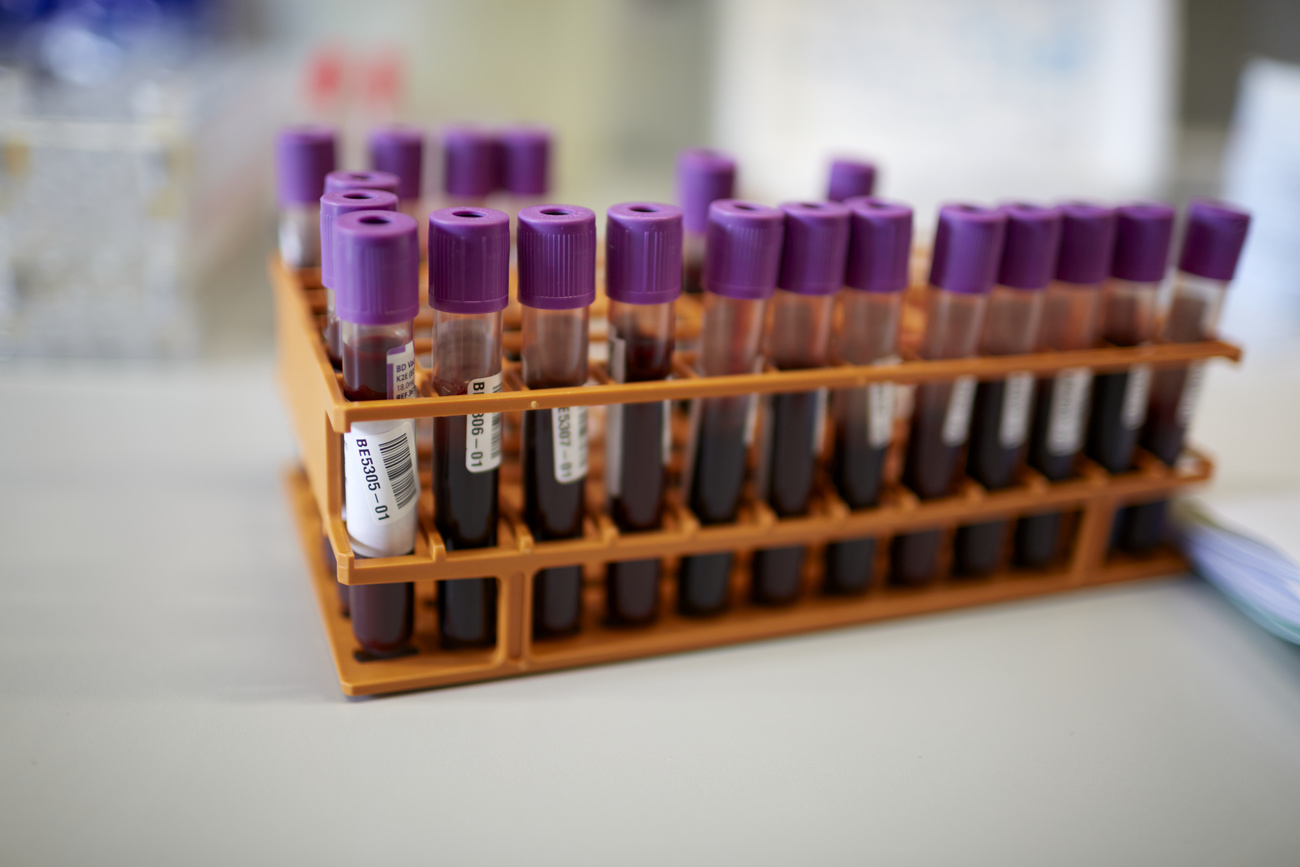
Syphilis cases on the rise in Switzerland

Switzerland has seen cases of syphilis almost double in the last decade. After being nearly eliminated, the oldest known sexually transmitted disease is making a comeback in many countries.
In response to a request from the Swiss dailyExternal linkBlick on Tuesday, the Federal Office of Public Health confirmed that the number of reported cases of syphilis increased from 616 in 2013 to 1,056 in 2022.
The same trend can be seen in several other developed countries. In the US, cases surged by 32% between 2020 and 2021 to reach the highest number of reported incidences in 70 years. In 2022, the UK saw syphilis cases reach their highest levelExternal link since 1948.
Considered the oldest sexually transmitted disease, syphilis was thought to be on the verge of being eliminated around 15-20 years ago, according to the US Centre for Disease Control and Prevention.
There is no single explanation at the moment for the rise in cases. Some experts suggest that poor investment in public health and lax attitudes towards safe sex after decades of campaigning during the height of the HIV era are partly to blame. “There is a lack of information, especially among younger adults who have not experienced the first HIV prevention campaigns,” writesExternal link the City Hospital Zurich.
The disease is spread through direct contact with lesions on the skin that can form in the genital region or in the mouth. An increased risk of infection exists mainly for men who have sex with men, for persons with numerous different sexual partners and in the context of prostitution, writesExternal link the Swiss public health office.
Syphilis can be treated with antibiotics if caught early. However, people often don’t get tested because the disease progresses in the early stages without symptoms.

In compliance with the JTI standards
More: SWI swissinfo.ch certified by the Journalism Trust Initiative




























You can find an overview of ongoing debates with our journalists here . Please join us!
If you want to start a conversation about a topic raised in this article or want to report factual errors, email us at english@swissinfo.ch.